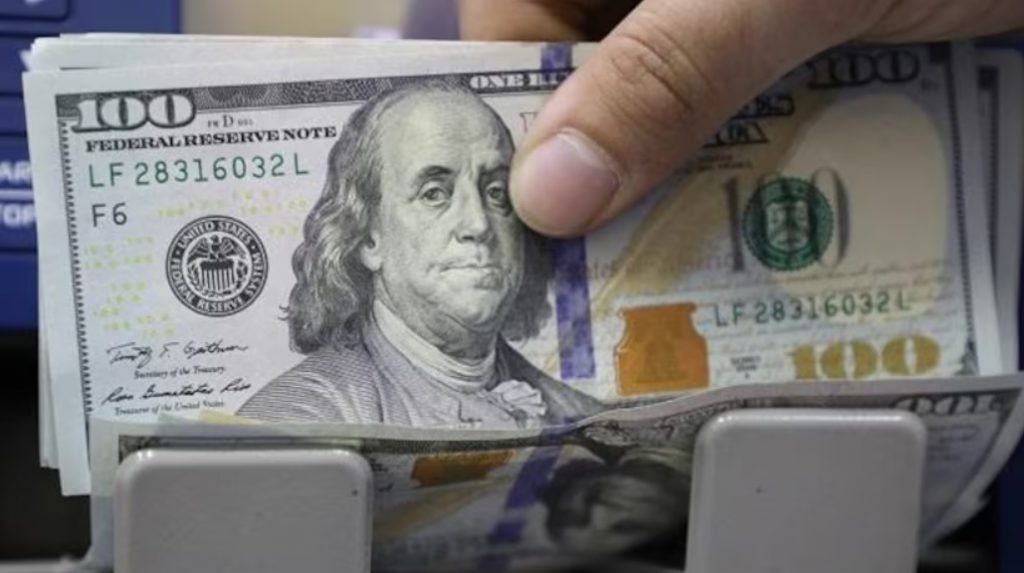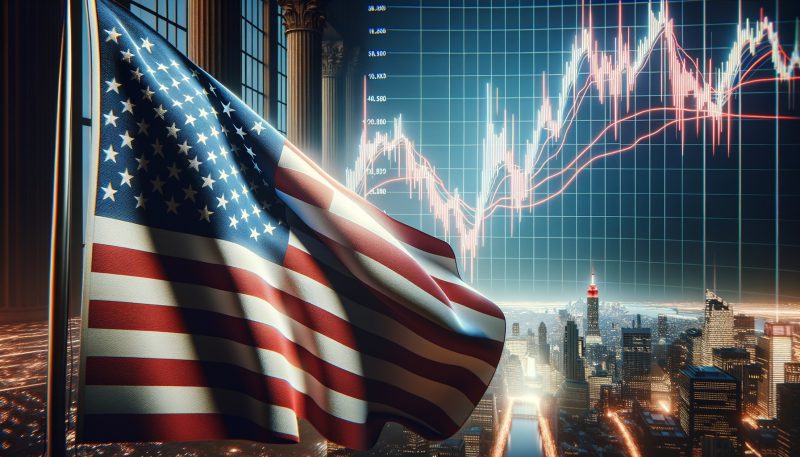Amid the ongoing uncertainty facing the country’s economy, US credit card debt has reached an all-time high of $1.14 trillion. The figure was reported by the Federal Reserve Bank of New York Tuesday, and shows the concerning necessity for American citizens to rely on borrowing.
The figure has been on an upward trajectory for some time. Indeed, the figure is currently $27 billion more than it was in Q2 2024. With employment data driving panic of an incoming US recession, worries of an economic downturn continue to persist.
Also Read: The US Debt Limit Hits $35T, What Does It Mean For The US Dollar?
US Credit Card Debt Hits Record In a Concerning Development
Since the start of the year, the finance sector expressed worry over a rising US national debt figure. The limit recently hit a record of $35 trillion, with federal spending looking to facilitate an incoming crisis. Now, eyes are on the American citizen, as their borrowing figures have also reached landmark levels.
According to new data, US credit card debt has reached an all-time high of $1.14 trillion. Moreover, a TransUnion report notes that equals a balance of more than $6,300 per individual. That shows an 8% increase over the past year, the data states.


Also Read: Notable US Billionaires Express Qualms On Rising US Debt Numbers
Additionally, a May report from the Urban Institute shows that 60% of all adults are using a credit card in order to buy groceries. The results showcase the impact inflation has had on the average consumer. The US recession risks have only multiplied the issue.
The rising credit card debt coincides with increased delinquency rates. Data reveal that more than 7% of credit card holders had fallen behind on payments in Q2. When compared to the start of the year, that figure showed a 5% increase.
Amid the ongoing inflation fight, the Federal Reserve has left interest rates at a 23-year high. Yet, that inactivity drove panic amid worrying jobs data for July. Subsequently, the US stock market saw $2 trillion wiped out Monday, as panic has dominated the market. The average citizen has few choices other than to place their hope in a soft landing.





